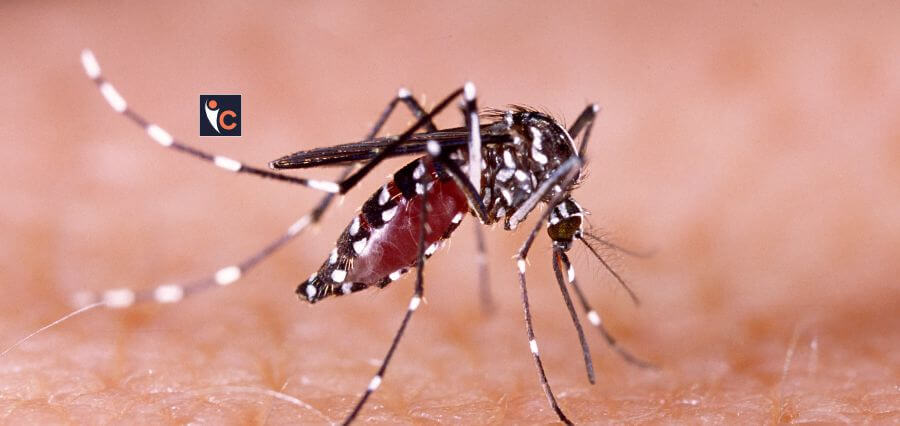Notifications
ALL BUSINESS
COMIDA
DIRECTORIES
ENTERTAINMENT
FINER THINGS
HEALTH
MARKETPLACE
MEMBER's ONLY
MONEY MATTER$
MOTIVATIONAL
NEWS & WEATHER
TECHNOLOGIA
TV NETWORKS
VIDEOS
VOTE USA 2026/2028
INVESTOR RELATIONS
COMING 2026 / 2027
ALL BUSINESS
COMIDA
DIRECTORIES
ENTERTAINMENT
FINER THINGS
HEALTH
MARKETPLACE
MEMBER's ONLY
MONEY MATTER$
MOTIVATIONAL
NEWS & WEATHER
TECHNOLOGIA
TV NETWORKS
VIDEOS
VOTE USA 2026/2028
INVESTOR RELATIONS
COMING 2026 / 2027
About Me
 Latinos Media
Latinos Media Latinos Media provides all types of news feeds on a daily basis to our Members
Posted by - Latinos Media -
on - July 3, 2024 -
Filed in - Salud -
-
576 Views - 0 Comments - 0 Likes - 0 Reviews

The Florida Department of Health is warning that mosquitoes in the Keys may carry diseases following the diagnosis of dengue fever in two residents of the upper islands. These locally-acquired cases mark the seventh and eighth reported in the contiguous United States this year, with over 700 cases identified as travel-related.
The infections were reported just days after the Centers for Disease Control and Prevention (CDC) warned health providers of a spike in cases across the Americas. Nearly 10 million people worldwide have reportedly been infected with the virus, already surpassing last year’s total count.
In response to the new cases in Florida, the Florida Keys Mosquito Control District has intensified door-to-door inspections, expanded spraying operations, and deployed additional mosquito traps. Health experts emphasize that dengue fever is not contagious and is transmitted by the Aedes aegypti mosquito. This mosquito species is known to feed at any time of the day, not solely at dawn and dusk, increasing the risk to humans.
“Wherever you have a significant number of mosquitoes and warm hot environments is where you see dengue transmission,” Dr. Stacey Rizza, a Mayo Clinic infectious diseases specialist, previously told the Mayo Clinic News Network. Similar to other mosquito-borne illnesses, there is no known cure for the virus, and symptoms are treated with medication. Symptoms include aches, nausea, vomiting, difficulty breathing, and fatigue.
According to medical experts, symptoms usually begin four to ten days after infection, and only about one in four people will get sick. The CDC says a blood test is the only way to confirm an infection, as symptoms often resemble those of other illnesses.
The dengue virus has four serotypes: dengue virus 1, dengue virus 2, dengue virus 3, and dengue virus 4. Infection with one serotype does not provide immunity against the others, so people can be infected multiple times.
“Infection with one DENV generally induces life-long protection against infection from that specific DENV but only protects against other DENVs for several months to years,” the CDC stated.
The post Florida Health Department Cautions as Two Dengue Fever Cases Reported appeared first on Insights Care.